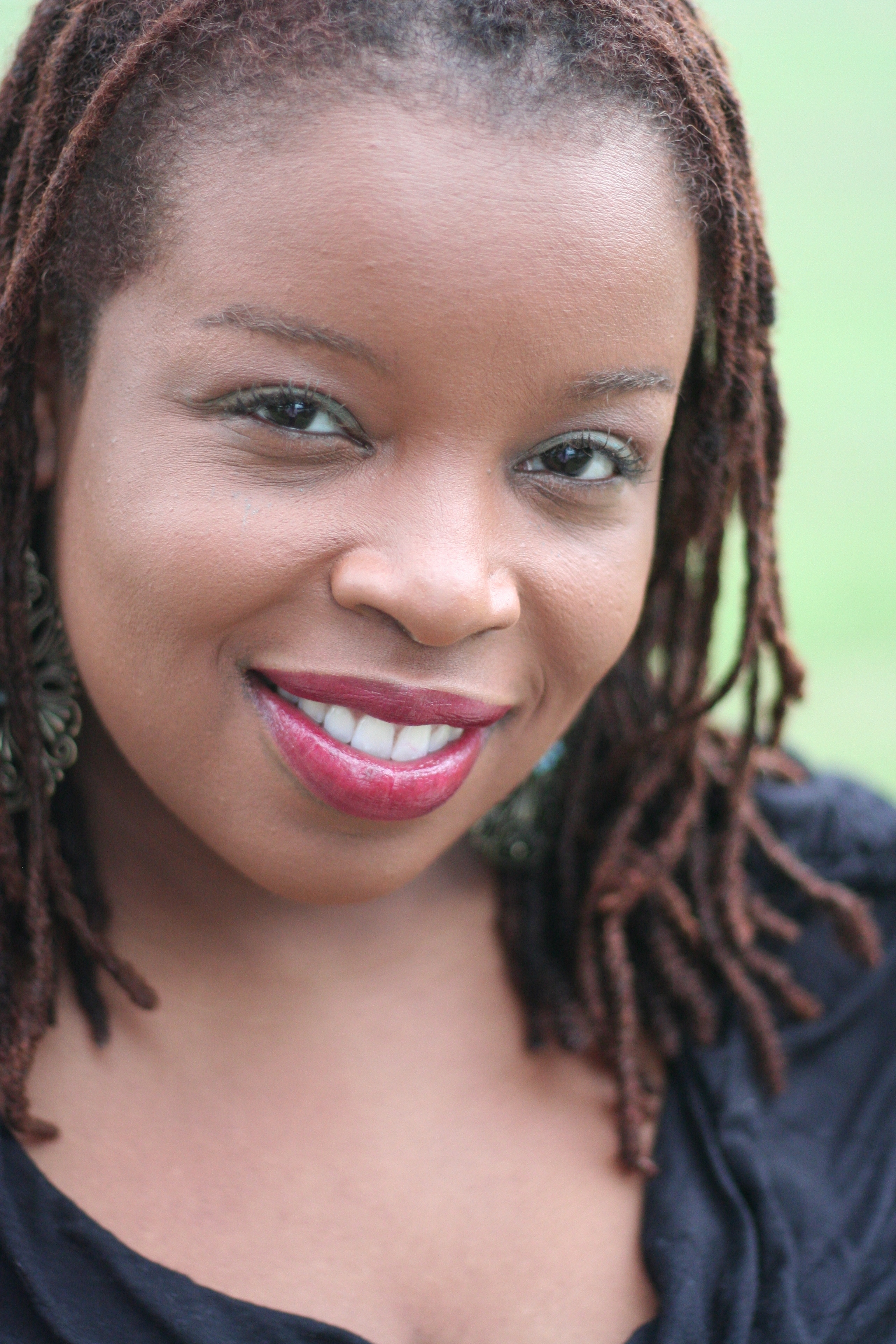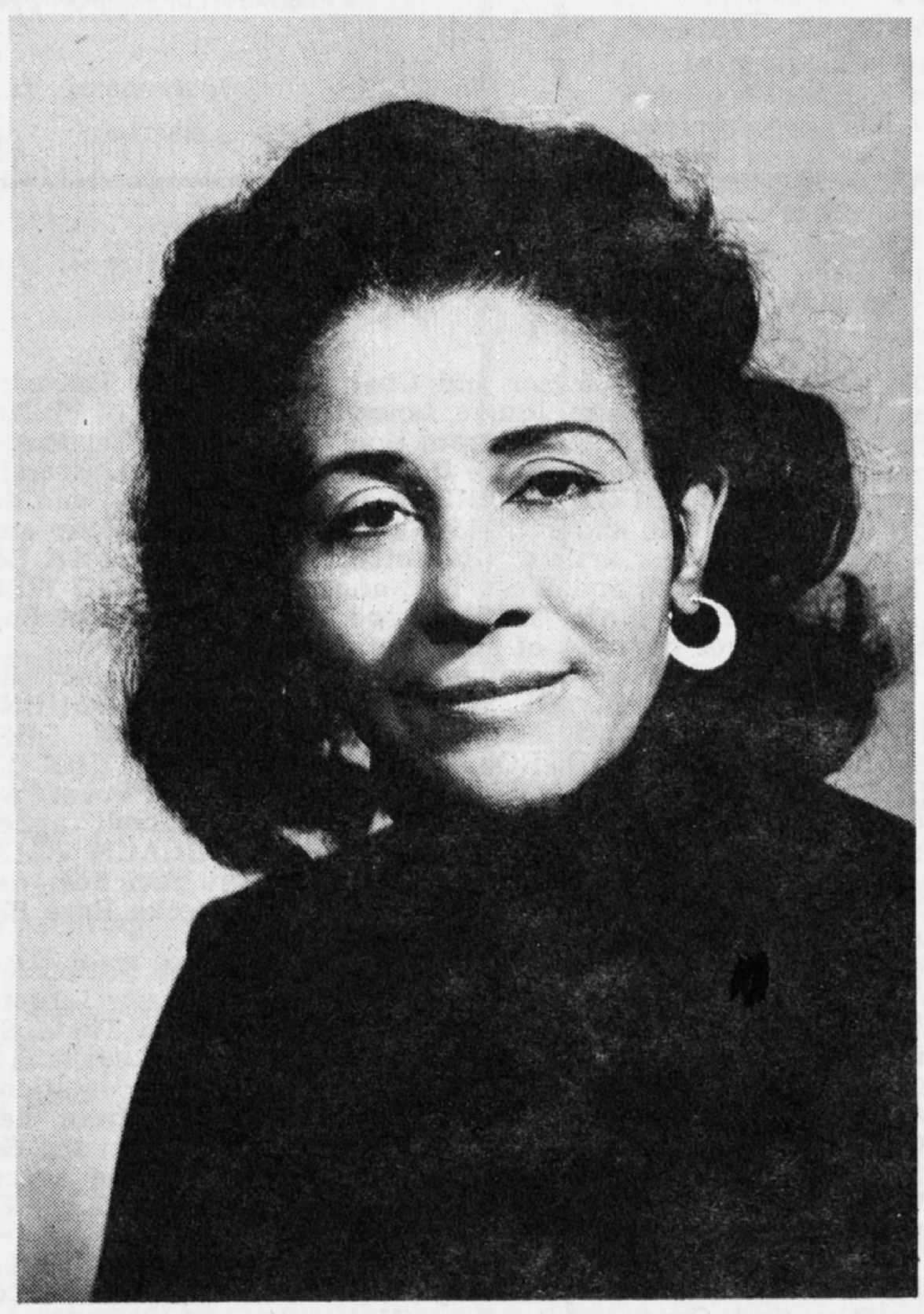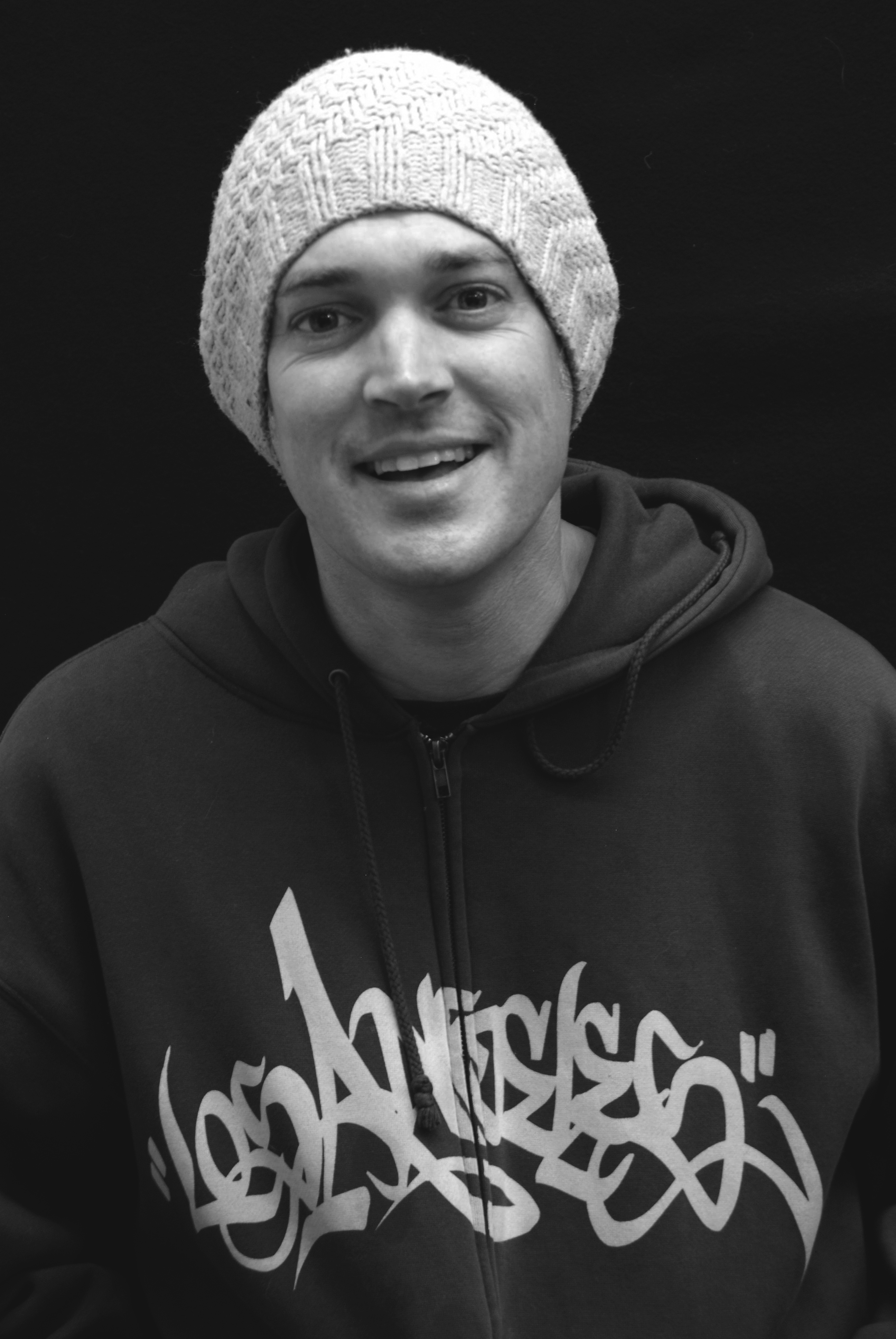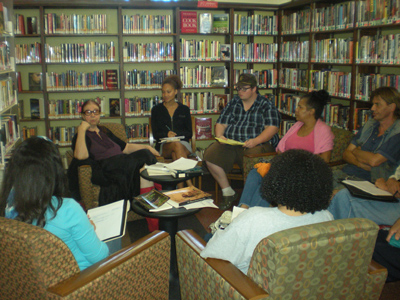P&W-supported poet/activist Kelly Harris, founder of GAP: Girls. Achieving. Possibilities., an empowerment program for African American girls, blogs about Pinkie Gordon Lane's legacy.
I know New Orleans has been the focus of this month-long blog, but I want to speak the name of an important poet who lived about 90 miles from the Big Easy.
 Pinkie Gordon Lane. I'm told she was a gentle woman, a painter, a nature and dog lover, a writer, and a demanding instructor. Her poems walk a lyrical tightrope, never falling into sentimentality.
Pinkie Gordon Lane. I'm told she was a gentle woman, a painter, a nature and dog lover, a writer, and a demanding instructor. Her poems walk a lyrical tightrope, never falling into sentimentality.
Her legacy includes being the state's first African American poet laureate. Lane travelled the state vigorously–reading, visiting classrooms, and promoting poetry. Some locals say her work as laureate has been unmatched. In 1967 Pinkie Gordon Lane became the first African American woman to earn a PHD from Louisiana State University, where her papers would be housed.
I never got the opportunity to meet Pinkie Gordon Lane, but lately I've been studying her poetic craftsmanship and quiet lifestyle. As a young poet, I often feel anxiety about not having a collection published as yet. It feels like a rat race sometimes, it's either publish or perish. Pinkie Gordon Lane came to poetry late in her life and I believe it afforded her patience in her work.
 Her poem, "Lyric: I am Looking at Music," was featured in the 1997 motion picture, Love Jones. In a 1997 phone conversation with Dr. Jerry Ward, English Professor at Dillard University, she said actress Nia Long got the poem right in the film, "even the sniffles."
Her poem, "Lyric: I am Looking at Music," was featured in the 1997 motion picture, Love Jones. In a 1997 phone conversation with Dr. Jerry Ward, English Professor at Dillard University, she said actress Nia Long got the poem right in the film, "even the sniffles."
This year, the Pinkie Gordon Lane First Annual Poetry Contest Awards Program was held in April on the campus of Southern University and A&M College where she served as Chair of the English Department. The contest awarded local student writers with small prizes... her legacy continues to inspire and impact a new generation.
Photo: (top) Kelly Harris; (bottom) Pinkie Gordon Lane. Credit: The Archives and Manuscripts/John B. Cade Library/Sounthern university and A&M College/Baton Rouge, Louisiana.
Support for Readings/Workshops events in New Orleans, is provided by an endowment established with generous contributions from the Poets & Writers Board of Directors and others. Additional support comes from the Friends of Poets & Writers.





 In 2005, Daaood's The Language of Saxophones was published by
In 2005, Daaood's The Language of Saxophones was published by  The writing workshops were a wonderful asset to the community and to the city. Writers came from all areas of the city to participate in these workshops. It was wonderful to hear and see the enthusiasm expressed by the participants. As I watched them listening to Lee’s instructions with concentrated attention, I could see that they could not wait for the time when they would be able to read their own work to the group. As each took his or her turn, the others listened and made suggestions for improvements. The ideas for improvement were discussed and rationale explained. Then Lee gently presented her own suggestions for improvements.
The writing workshops were a wonderful asset to the community and to the city. Writers came from all areas of the city to participate in these workshops. It was wonderful to hear and see the enthusiasm expressed by the participants. As I watched them listening to Lee’s instructions with concentrated attention, I could see that they could not wait for the time when they would be able to read their own work to the group. As each took his or her turn, the others listened and made suggestions for improvements. The ideas for improvement were discussed and rationale explained. Then Lee gently presented her own suggestions for improvements. Pinkie Gordon Lane. I'm told she was a gentle woman, a painter, a nature and dog lover, a writer, and a demanding instructor. Her poems walk a lyrical tightrope, never falling into sentimentality.
Pinkie Gordon Lane. I'm told she was a gentle woman, a painter, a nature and dog lover, a writer, and a demanding instructor. Her poems walk a lyrical tightrope, never falling into sentimentality. Her poem, "Lyric: I am Looking at Music," was featured in the 1997 motion picture,
Her poem, "Lyric: I am Looking at Music," was featured in the 1997 motion picture,